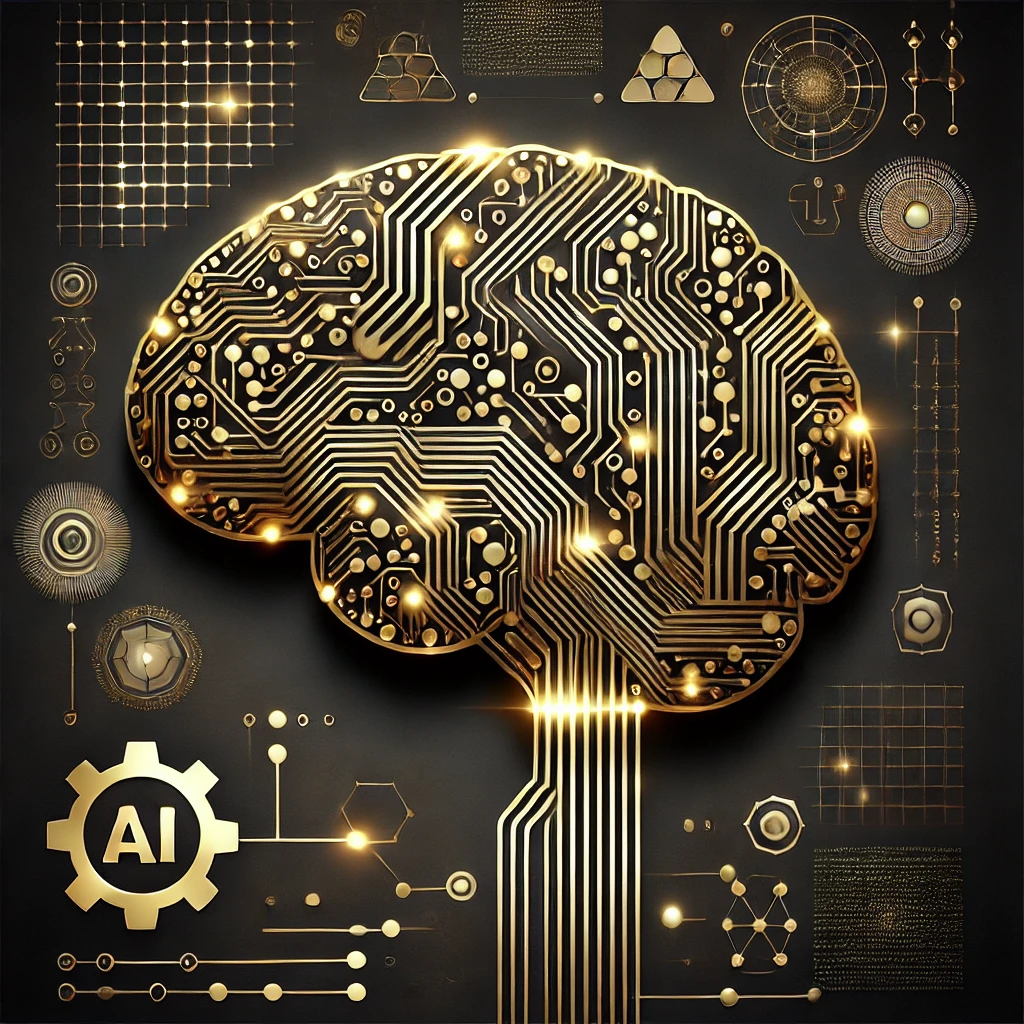Artificial intelligence (AI) refers to the development of computer systems or machines capable of performing tasks that typically require human intelligence. These tasks include reasoning, learning, problem-solving, perception, language understanding, and even creativity.
Key Components of AI:
-
Machine Learning (ML): A subset of AI where machines improve their performance by learning from data without being explicitly programmed. ML algorithms find patterns and make decisions based on past experiences.
-
Natural Language Processing (NLP): A field of AI that focuses on the interaction between computers and humans using natural language. Applications include voice assistants, chatbots, and language translation.
-
Computer Vision: AI systems that interpret and process visual data from the world (images and videos). It's used in facial recognition, self-driving cars, medical imaging, etc.
-
Robotics: AI is integrated into robots, allowing them to perceive their environment, make decisions, and perform actions autonomously.
-
Deep Learning: A type of machine learning using neural networks with many layers (deep networks) to model complex patterns. It’s effective in areas such as speech recognition, image processing, and more.
AI Applications:
- Healthcare: AI is used for diagnostics, personalized medicine, drug discovery, and robotic surgery.
- Finance: AI algorithms detect fraudulent transactions, automate trading, and manage financial risk.
- Autonomous Vehicles: AI powers self-driving cars by enabling them to navigate roads and make real-time decisions.
- Entertainment: Recommendation systems (like those in Netflix and YouTube) use AI to personalize user experiences.
- Customer Service: Chatbots and virtual assistants use AI to provide instant, automated responses to customer inquiries.
Types of AI:
-
Narrow AI: AI systems designed for a specific task (e.g., Siri, Google search). Most current AI applications fall under this category.
-
General AI: A theoretical form of AI where machines can understand and perform any intellectual task that a human can. This level of AI does not yet exist.
-
Superintelligent AI: AI that surpasses human intelligence in all aspects, including creativity, problem-solving, and decision-making. It's a concept often explored in futurism and ethics discussions.
Ethical and Societal Considerations:
As AI continues to grow, there are concerns around:
- Job displacement: Automation through AI may lead to loss of jobs in various industries.
- Bias and fairness: AI systems can inherit biases present in the data they are trained on, leading to unfair outcomes.
- Privacy: The use of AI in surveillance and data collection raises questions about personal privacy.


